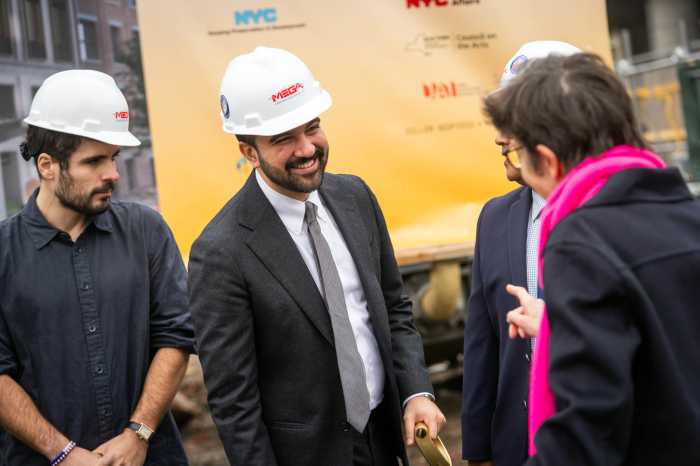After eleven years, Jauan Griffith, 27, a Queens Village resident, was charged with sexually assaulting five women in the Laurelton area.
Griffith’s first brush with law enforcement came after he was arrested for driving with a suspended license. Police collected his finger prints which placed him at the scene of a sexual assault and robbery dating back over a decade ago.
Armed with a knife, the defendant allegedly broke into the residence of a 43-year-old woman in July of 1995, raping and robbing her. Griffith is being accused of burglarizing the residence of a 51-year-old woman in July of 2004 and raping her as well.
He has been indicted on host of violations including Rape in the First Degree, Sexual Abuse in the First Degree, Robbery in the First Degree, Burglary in the First and Second Degree, and Criminal Sexual Act in the First Degree.
The charges were filed thanks to “the John Doe Indictment Project,” a loophole for prosecutors to charge sexual offenders after the statute of limitations is up. “The John Doe Indictment Project,” was instituted by the District Attorneys of all five New York City boroughs. It allows for an indictment based on unidentified DNA evidence collected from the victims or from the scene of a crime after a sexual assault. If a suspect is taken into police custody with matching DNA, they can legally be charged with the crime even after the statue of limitations has lapsed.
“As a result of the John Doe Indictment Project, justice delayed is no longer justice denied for the victims of sex crimes,” said Richard A. Brown, Queens District Attorney. “Hopefully the women who were brutally victimized and have had to live with the knowledge that their rapist was still at large and possibly preying on other women can rest a little easier in knowing that justice will be served and that the defendant will be vigorously prosecuted for these heinous crimes.”



























